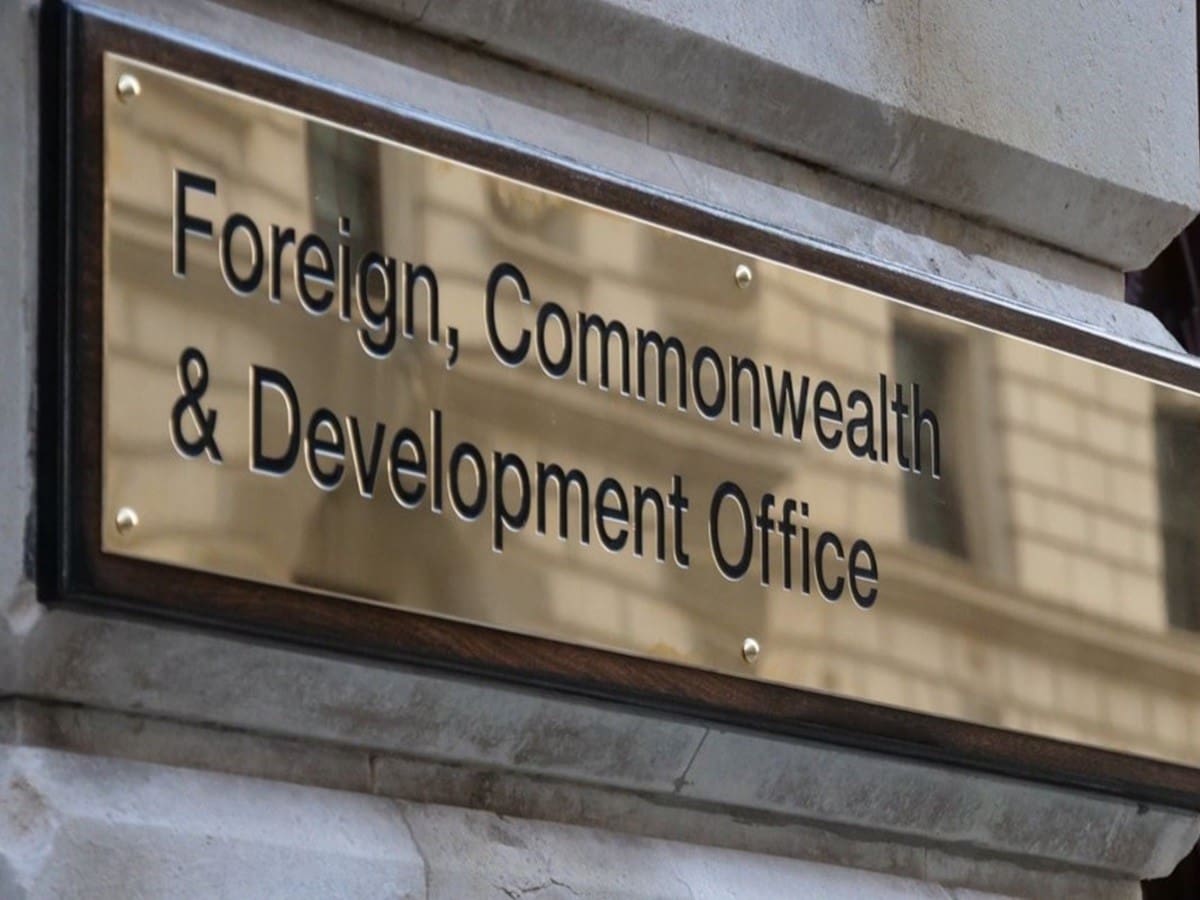On Monday 25 March the National Audit Office (NAO) published its report on the progress of the merger of the Foreign & Commonwealth Office (FCO) and the Department for International Development (DFID). In short, it paints a bleak picture of the situation – not least in terms of the government’s aid giving abilities. So, the UK’s NGO network has hit back at the so-called FCDO merger.
The FCDO merger: essentially a downgrade
The NAO report has found that:
- The new Foreign, Commonwealth & Development Office (FCDO) spent minimum of £24.7 million on the merger in 2020-21 to 2022-23, excluding indirect costs.
- Successes include bringing merger back on track by scaling back original plans, delivering key programmes, and building on former departments’ strengths.
- FCDO development capability has reduced due to the loss of some senior development roles and the shortage of programme managers for its Official Development Assistance (ODA) programme.
- The department is working to mitigate the risk of not sustaining its international development skills and expertise, which it currently rates as “severe”.
- FCDO also did not do enough in the early stages to set out a clear vision and direction for the department, although staff engagement and views on leadership have improved.
- FCDO does not know the full costs of the merger and has chosen not to systematically track its benefits, including cost savings, organisational improvements and efficiency gains.
‘Undermining’ the FCDO’s ‘credibility’
As the Guardian reported, the NAO specifically noted that:
FCDO’s development capability has reduced since the merger. FCDO has changed leadership structures and roles to integrate development and diplomacy.
As a consequence, in some overseas posts the loss of dedicated senior development roles has reduced capacity and undermined FCDO’s credibility and official development assistance (ODA) accountability…
While there has been some replacement through internal accreditation and external recruitment, the number of expert development adviser roles fell by 14% from 867 in 2019 to 747 in 2022…
That is, the new FCDO is not functioning anywhere near the way it should. Now, the UK’s ability to act internationally – specifically with regards to aid – is a mess.
‘Critical shortcomings’
In response to the NAO report, Gideon Rabinowitz, director of policy and advocacy at Bond, the UK network for organisations working in international development, said:
The FCDO merger was undertaken without consultation and adequate preparation and has led to a damaging reduction in the government’s development expertise. Three years on, it is alarming that the department itself rates the risk of not sustaining its international development skills and expertise as ‘severe.’
In a world grappling with multiple crises, from inequality to conflict and humanitarian emergencies, specialist development and humanitarian expertise are as vital as diplomacy.
The failure to track the costs and benefits of the merger has made it difficult to make further changes to the department to rebuild the UK’s development reputation and ambitions.
These critical shortcomings must urgently be addressed to ensure the FCDO can effectively champion development goals within the department and across government and respond to urgent development needs.
Featured image via UK government




